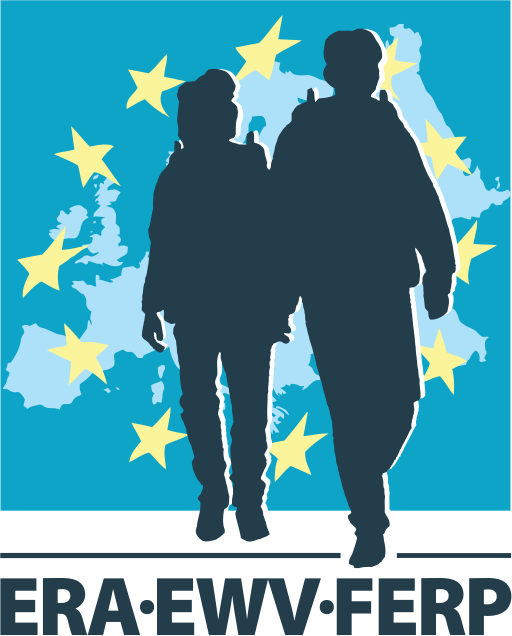The European Ramblers Association (ERA) was founded in Germany in 1969. The organization emerged from a collective desire to foster collaboration among various walking and hiking groups across Europe. The initial aim was to create a unified body that could advocate for walking as a recreational activity and a means of connecting with nature and cultural heritage.
Key Milestones in ERA’s History
- Foundation (1969): ERA was established to bring together national walking organizations from different European countries, providing a platform for cooperation and exchange of best practices.
- Development of European Long-Distance Paths (1970s-1980s): One of ERA’s significant early initiatives was the creation and marking of European long-distance paths (E-paths). These trails span multiple countries, promoting cross-border walking and cultural exchange.
- Expansion of Membership (1980s-1990s): ERA saw substantial growth in its membership, with more organizations from various countries joining the association. This expansion enhanced ERA’s influence and its ability to advocate for walkers’ rights and environmental conservation.
- Recognition and Advocacy (2000s): ERA began to be recognized as a key stakeholder in European outdoor recreation. It played a vital role in lobbying for policies that support walking infrastructure and the protection of natural landscapes.
- Digital Transition (2010s): Embracing modern technology, ERA started offering digital resources and tools for walkers. This included online maps, mobile applications, and virtual platforms for networking among member organizations.
Growth and Influence
Since its inception, ERA has grown to comprise approximately 60 member organizations from around 30 European countries. This extensive network allows ERA to have a significant impact on promoting walking and hiking across Europe. ERA’s growth can be attributed to several factors:
- Strong Networking and Cooperation: ERA’s mission of fostering networking and cross-border cooperation has been pivotal. By bringing together various organizations, ERA has facilitated the sharing of knowledge, resources, and best practices.
- Focus on Environmental Stewardship: ERA places a strong emphasis on the respectful treatment of the countryside and the environment. This focus resonates with modern societal values, attracting more organizations and individuals to its cause.
- Cultural Heritage Preservation: By promoting walking as a means to explore and appreciate Europe’s cultural heritage, ERA aligns with broader cultural preservation efforts. This focus has garnered support from cultural and governmental institutions.
- Advocacy and Rights Protection: ERA’s active role in advocating for the rights of walkers and the protection of walking routes has positioned it as a leading voice in the outdoor recreation sector. Its efforts in policy advocacy have led to better walking infrastructure and legal protections for walkers.
ERA Today
Today, ERA continues to be a leading organization in promoting walking and hiking across Europe. It organizes various events, such as the European Walking Day, and collaborates with other international organizations to enhance the walking experience. ERA’s continued commitment to its core values—networking, environmental stewardship, and cultural heritage preservation—ensures its ongoing relevance and influence in the realm of outdoor recreation.
ERA’s success and growth are a testament to the enduring appeal of walking as a way to connect with nature, culture, and community across borders. As it looks to the future, ERA remains dedicated to enhancing the quality of walking experiences for all Europeans.

